When I was 17 I declared that I would do two things, move to the east coast and adopt a child. Before we got married, my husband and I talked about our life plans, one of which was adoption. We decided that we would try to have at least one biological child and then we would adopt the rest. I had a few health problems, which I knew might make it hard for me to conceive and, after quite a few years of trying, I was told I was unable to conceive a child. Contrary to what most people would expect, this was not devastating news to me. I wanted to be a mother more than I wanted to be pregnant and it prompted us to move towards adoption.
We discussed numerous domestic and international options. We weren’t old enough to adopt in China. Koreans have a strict policy against inter-faith marriage; my husband is Jewish and I am Catholic. Most closed domestic adoptions also have strict religious requirements and we were skittish about open adoption, which means that the birth parent(s) can continue to have a relationship with the child. We finally decided on adopting a Russian child. My husband’s family is of Russian descent and it made the most sense to adopt a child who could share his father’s roots.
We picked an agency that was highly accredited and we filled out a lot of paperwork. It took more than a year of jumping through hoops. We had to get psychological exams, personal references and even a copy of our doctor’s license to prove we had physical exams (which was a huge challenge to get). We were fingerprinted and we had to have the police department write a note verifying we had never been arrested. We had so many documents at one point we felt like we were getting buried in them. Despite the work, we knew that it was necessary to prove that we had the best intentions and would be good parents.
In July of 2005, we got a referral, which means the agency believed they had found a child for us. We immediately went to see the little boy in a town called Novosibirsk, which is in a very poor region in Siberia. When we went to visit the orphanage, we were very nervous. The first thing we noticed was that the orphanage was very quiet. No one was talking and even the children were very quiet. It was hard to believe that there were more than 100 kids in this baby house. We were taken to a room where there were about 12 other children.
These children crawled around the floor wearing nothing but diapers. Clothes were a luxury the orphanage could not afford. One girl grabbed my leg and I instinctively picked her up. She laughed and hugged me. One of the workers walked over there and pulled her off of me. She did not want to let go and the woman coolly explained that she was not adoptable and that the children should not be hugged as they might get attached. I understood what she meant. Love was not allowed here. The nurses were not allowed to hold the children. They were held for feeding, washing and diapers and that was it.
When our son came out to meet us, we were breathless. He was exceptionally beautiful, with the brightest blue eyes I had ever seen. We knew from the moment we saw him that he was meant to be in our family. We had hired a doctor who specialized in international adoption. She read through the paperwork and looked at the snapshots we had taken to determine FAS (Fetal Alcohol Syndrome). After looking through his file, we were given the highest recommendation for him. We accepted the referral and our adoption handler smiled and said “You got the best baby.” We agreed.
We had to go home without our baby. Russia required two trips into the country as part of the adoption process. We were told that they would set a court date and we would get a call when they were ready in 30 days.
The next 30 days were agonizing, but we kept waiting patiently. When we got a call 30 days later, we were told that our region had ‘shut down’ temporarily and that we had to wait a little longer for our boy. After four agonizing months we were able to bring him home. He was 18 months old.
Our son had a few issues we were not expecting. He had major speech delays. He was a year and a half behind on speech. We put him through speech therapy. He had to get eye surgery. He also did a few months of occupational therapy. When we had him tested for school, we were told he had an IQ over 150, but that he also had dyslexia. We made sure that he got all the help that he needed and thanks to that, he is now eight and thriving in school. We made sure to nurture all of his talents and help him with his issues. He is very happy and loves building things, cooking, and playing the violin. He is a healthy, strong and active boy who truly loves life.
My son was with me when we heard the news that Russia was closing American adoptions. He was very quiet at first and then he looked at me and said, “That’s not fair, what if you weren’t allowed to adopt me? What would have happened to me? What will happen to all those kids that can’t get mommies and daddies that want them?”
What will happen? These kids will not have the advantages necessary to catch up academically. They will not get the medical treatment they need. These kids will not have parents to hold them and take care of them. We were told that Russians do not adopt. They view it as a stigma. They do not adopt older children and most do not adopt boys. Girls are adopted more than boys. My boy would have fallen through the cracks and lingered in the orphanage system. His smile would eventually have faded and he would have stagnated.
In the end this bill will hurt Russia too. A lot of money comes into Russia from the adoptive parents. We pay money to the region, to the courts, the orphanages and the hospitals. The required multiple trips bring money to Moscow and the tourism industry.
Hundreds of Americans adopt every month. That is hundreds of thousands of dollars towards hotels, food, souvenirs and donations. A lot of these regions are only thriving because of adoption. What happens to them when international adoptions close forever?
This is a no-win situation for both countries. This bill was created out of spite and in the end helps no one and hurts everyone. The children will suffer, the prospective adoptive parents will suffer and Russia will suffer. I cannot even begin to fathom the long-term consequences of this bill. Most of all, I cannot begin to imagine what would have happened if I had been unable to adopt my son.
Marie Del Rio is a freelance artist and 3D modeler. She has her masters degree in Digital Design from NYU. While disappointed her superpowers never kicked in, Marie is happily married with a wonderfully inventive son and hopes to eventually add on to her family.

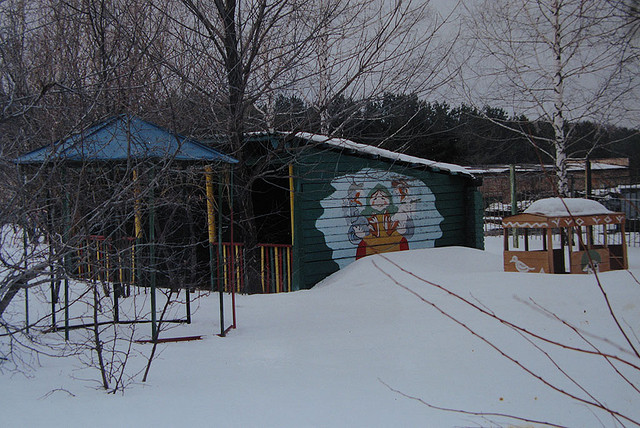
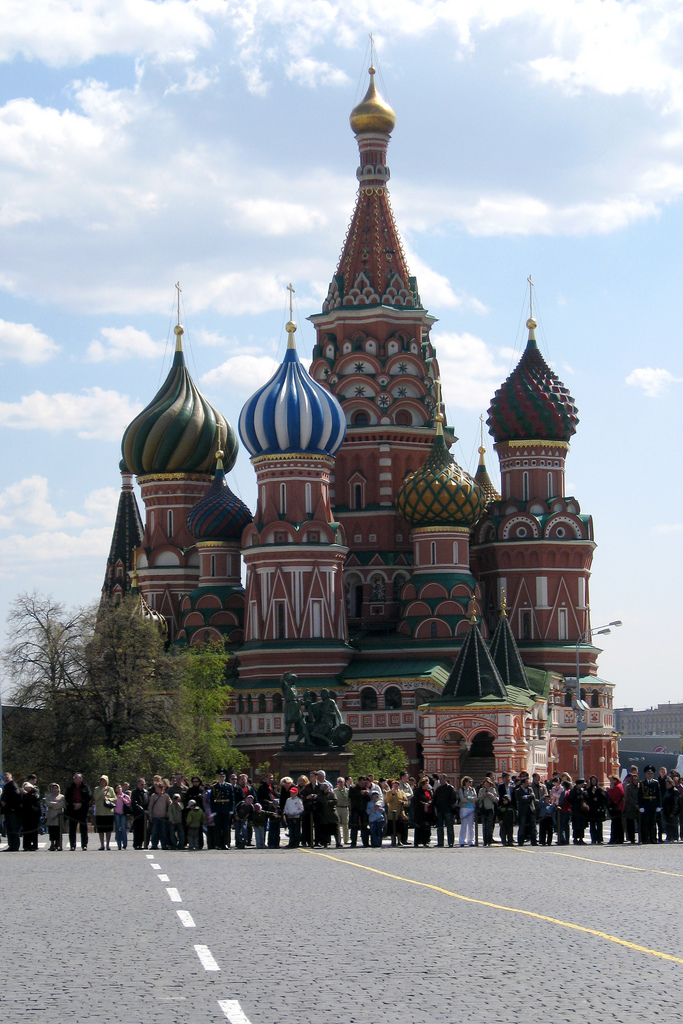
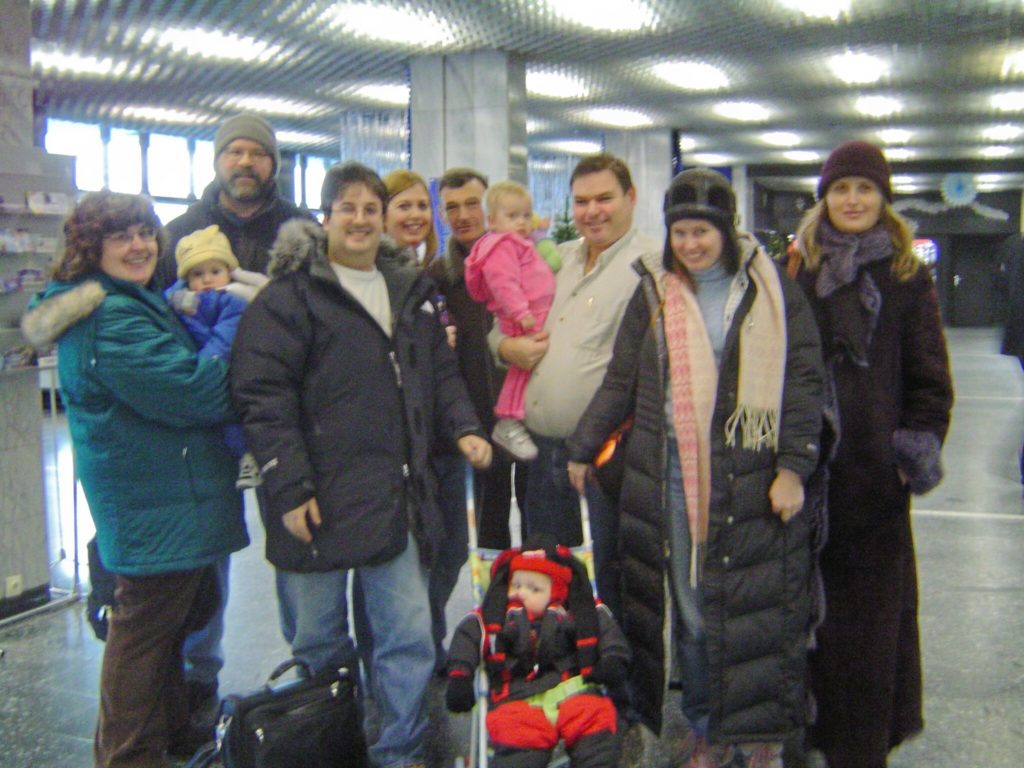
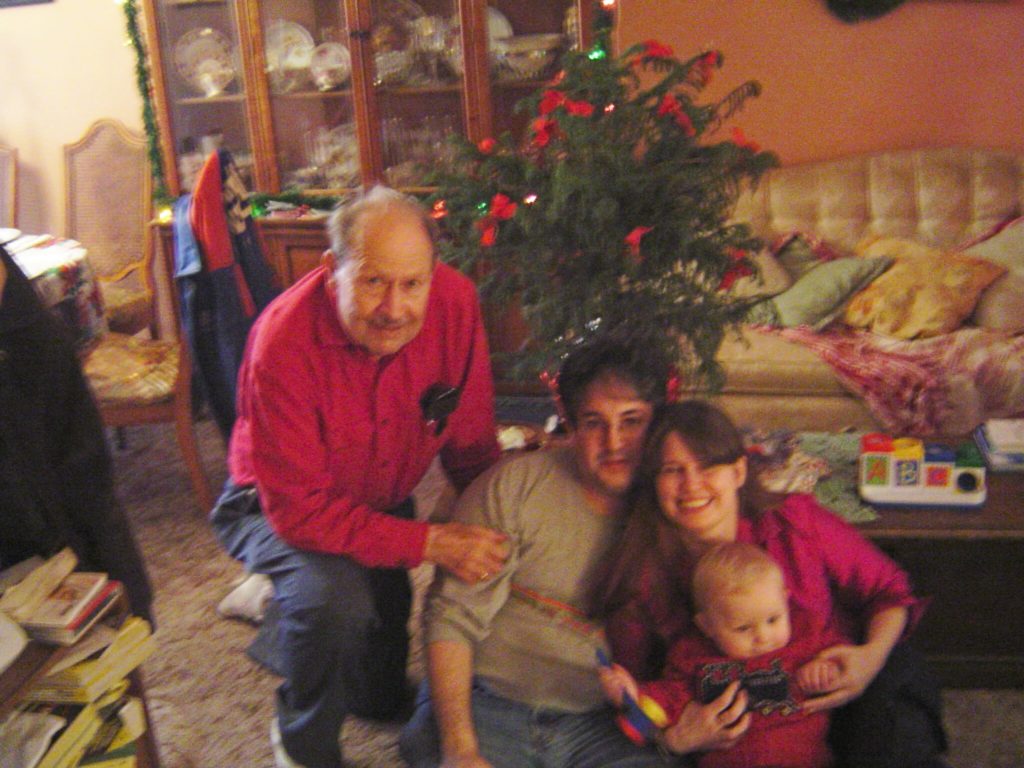
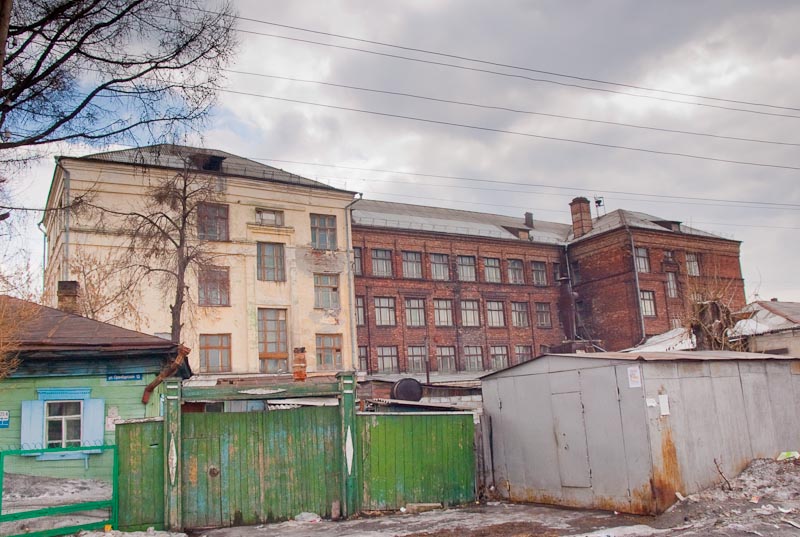
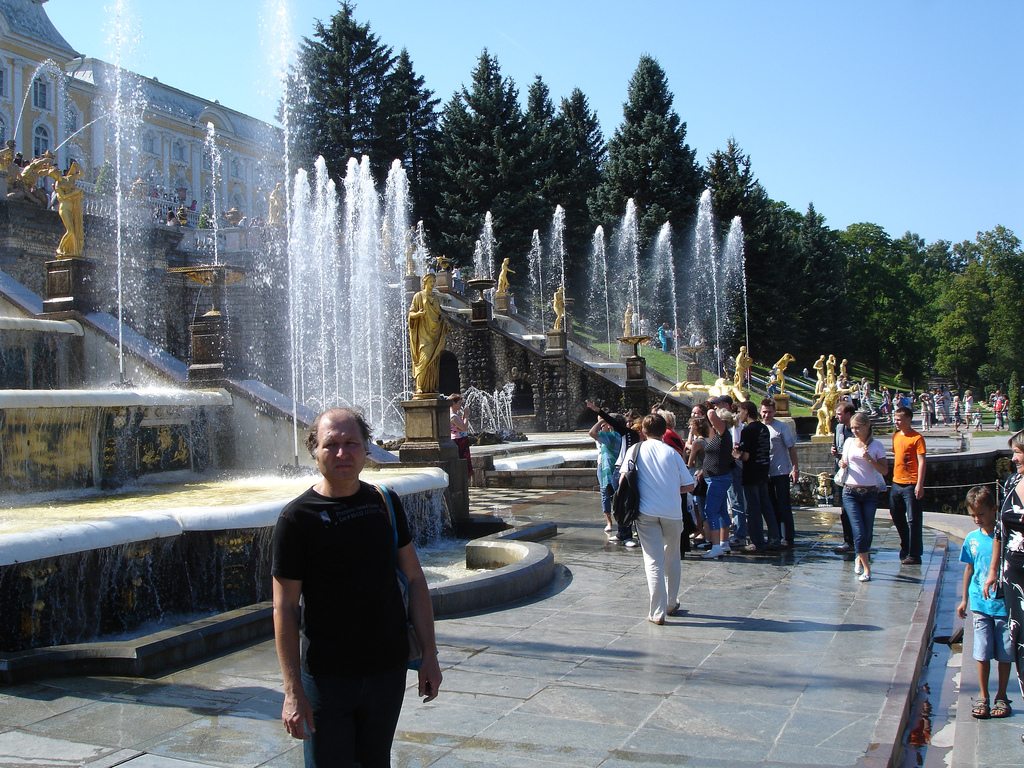
1 comment
Beatifully stated. You’re blessed with a wonderful son, and I hope some day Russia will reverse this terrible policy.